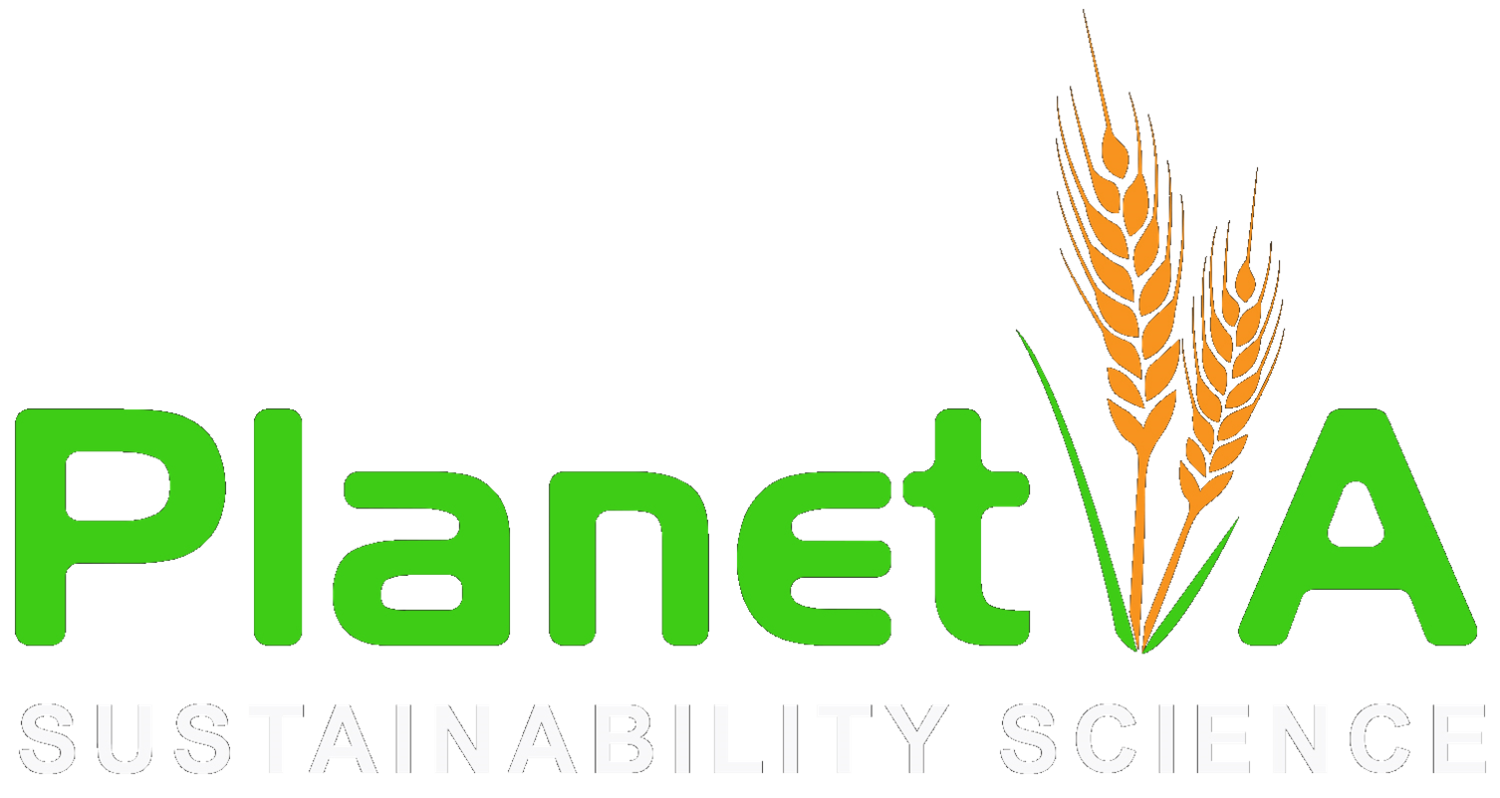2024
Authors:
Bandari, R., Moallemi, E. A., Kharrazi, A., Rogrlić, R. S., Bryan, B. A.
Abstract:
In an evolving world, effectively managing human–natural systems under uncertainty becomes paramount, particularly when targeting the United Nations 2030 Agenda for Sustainable Development Goals (SDGs). The complexity in multi-actor decision-making and multi-sectoral settings, coupled with intricate relationships and potential conflicting management approaches, makes understanding the local implications of progressing towards the global SDGs challenging. We used a transdisciplinary approach for knowledge co-production with local stakeholders to assess the impact of local action to boost sustainability in the Goulburn–Murray region, Victoria, Australia, and its alignment with global action towards the SDGs. Together, we co-developed 11 local actions geared towards achieving four locally important environmental and socioeconomic SDGs, with a particular emphasis on addressing potential ‘spillovers’—unintended effects that influence SDGs across scales. Through system dynamics modelling, we evaluated the interplay between these local actions and global scenarios, emphasising their synergies, trade-offs, and the resulting impact on SDG indicators. Key findings indicate a predominant synergy between global and local actions across most SDG indicators. However, certain areas like dairy production, riverine algal blooms, and agricultural profit displayed trade-offs. Local actions significantly impacted indicators, such as crop production, dairy output, agricultural land use, and agricultural profitability. Findings highlighted the need for complementary actions in areas, such as water availability management, skilled workforce, and salinity control. This study underscored the importance of harmonising local initiatives with global sustainability objectives and can inspire local governance to champion resilience policies that harmoniously integrate local actions with global sustainability goals, adapting to evolving uncertainty scenarios.

